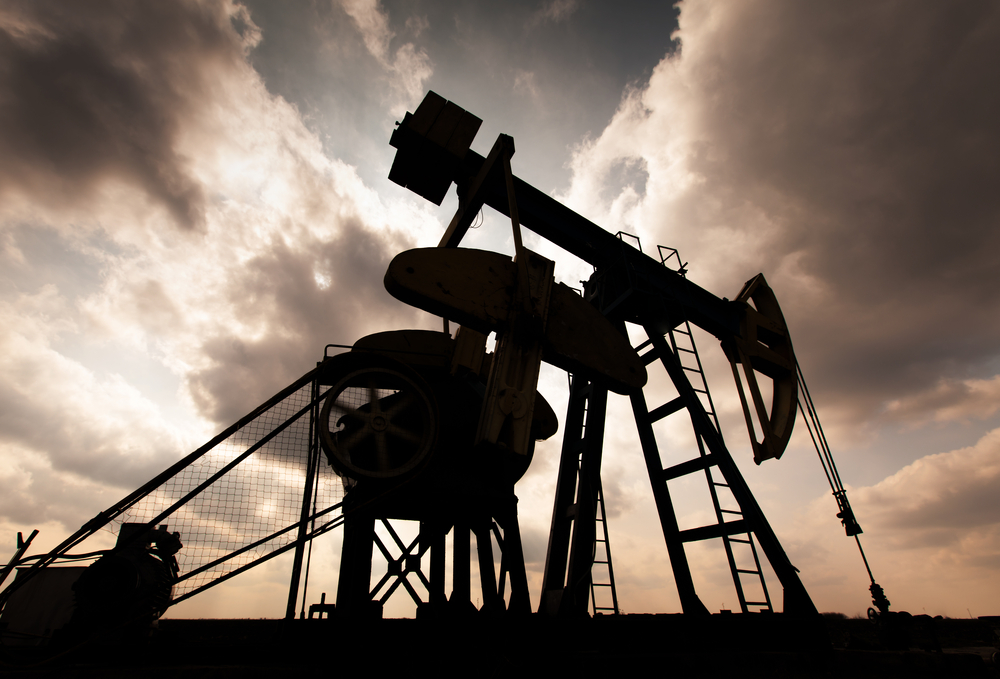
Recently, there have been a lot of new stories and articles regarding the practice of fracking. Environmental conservationists everywhere are in an uproar over fracking, and yet governments and corporations are pushing for fracking in many states across the United States. It’s almost impossible to not overhear some news about the fracking issues, but what does any of it mean and how does it affect you?
What is fracking?
Hydraulic fracturing, or “fracking”, is a method of extracting water or natural fuel sources such as oil and gas from the ground. The process involves drilling deep hole down into the earth and injecting a water based mixture with high pressured hydraulics.
The mixture used in fracking is a mixture of water, sand or other mineral deposits, and chemicals. The chemicals used in fracking is what makes fracking so controversial, especially as in most cases the exact names or compositions of the chemicals are not made available to public knowledge.
Why is fracking bad?
The majority of the controversy surrounding fracking revolves around the use of potentially harmful chemicals. These chemicals could potentially contaminate groundwater and cause a host of dangerous side effects to anyone that drinks the water.
There are a staggering amount of chemicals that are said to be used in the fracking chemical mixture, including lead, formaldehyde, and uranium. In some states, the exact chemicals being used to complete the fracking process are not released to the public.
What is being done?
Recently, the Environmental Protection Agency (EPA) announced that it will be drilling in seven separate fracking sites to examine how the fracking process might be damaging the environment. Choosing the sites to be tested has been a drawn out process, but seven sites have been chosen. Those sites are:
- Bakken Shale in North Dakota\
- Barnett Shale in Texas
- Marcellus Shale in Pennsylvania- three separate locations
- Raton Basin in Colorado
- Haynesville Shale in Louisiana
Two of these locations, including one of the Marcellus Shale locations and Haynesville Shale in Louisiana were chosen because fracking has not yet begun in those locations. The rest have already started fracking.
The main focus of this study is to learn if and how much fracking does affect drinking water supplies. The EPA had, in the past, claimed that fracking could be potentially harmful to drinking water, but has since retracted those statements. Hopefully this study will get down to the truth of how much fracking damages the environment and the extent that drinking water could be compromised. Once the study is completed the EPA states that they will make the results public.
Are there benefits to fracking?
Fracking is beneficial enough that it has caused much debate and controversy over whether the benefits are worth the potentially devastating side effects. Economically, fracking is extremely beneficial. The ability to extract large amounts of resources, especially natural gas, certainly cannot be ignored.
The process creates a very large number of American jobs, lessens our reliance on foreign energy sources, and creates lower energy bills for consumers across the country. Another factor that fracking gives us is a chance for large scale domestic manufacturing.
Whether all of these benefits outweigh the potentially damaging effects of fracking remains to be seen. We can only hope that the EPA is able to come up with a swift and effective conclusion, and that the results of this study will be heeded by the powers in charge.

